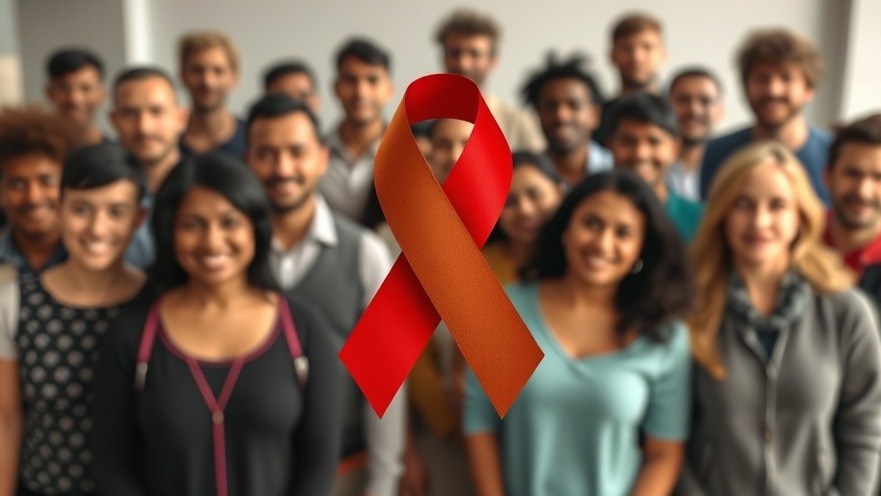
The Complexity of Knowing: Navigating the Value of Health Information
In the realm of healthcare, the adage "knowledge is power" often underscores the importance of understanding personal health, particularly regarding life-threatening conditions like HIV. However, the true implications of such knowledge can be complex and unsettling, especially when treatment options are unavailable. A recent study conducted in Malawi offers a stark illustration of this dynamic, revealing that individuals who learned they were HIV-positive faced significant long-term negative health outcomes.
Understanding the Study: A Closer Look at HIV Knowledge and Survival Rates
The study, spearheaded by Ciancio et al. (2025), randomized participants in Malawi to receive HIV testing results, thereby investigating the psychological and health implications of knowing one’s HIV status in an environment where antiretroviral therapy (ART) was not available. The findings were alarming: individuals who understood their HIV-positive status were 23 percentage points less likely to survive over six years compared to those who did not learn their status. This highlights a crucial issue: the overwhelming weight of despair and anxiety accompanying such knowledge can lead to riskier health behaviors and fatalistic attitudes.
The Trap of Transparency: Should Patients Always Have the Right to Know?
The ethical conundrum surrounding patient information is echoed in discussions on health transparency. The right to know one's health status is fundamental; however, when that knowledge bears no actionable solutions, the consequences may skew towards harm rather than benefit. The dilemma raises critical inquiries: Should practitioners prioritize patient knowledge at the potential cost of psychological well-being? How might health professionals balance the ethical obligation to inform with the potential risk of despair?
Broader Implications: Connecting Knowledge and Public Health Outcomes
Exploring the implications of HIV testing beyond individual experiences, research, such as that referenced in the CDC's announcement on HIV transmission rates, indicates a correlation between unawareness of one’s HIV status and the likelihood of transmission. Approximately 40% of new infections in the U.S. stem from individuals unaware of their diagnosis, which underscores the public health urgency to increase testing and awareness initiatives. Yet, the Malawi study suggests that simply ramping up testing without ensuring adequate treatment options may inadvertently lead to harmful effects.
Lessons from Self-Testing: Navigating Risk versus Reward
Self-testing for HIV presents a modern approach to expand awareness but carries its own set of risks. Research indicates that while self-testing can increase the number of individuals learning their status, there are significant concerns about misdiagnosis and insufficient follow-up care, potentially leading to untreated cases.
Critics of self-testing caution that while it promotes early detection, it may also create a disconnect from critical healthcare processes. For instance, the CDC emphasizes the importance of immediate treatment post-diagnosis to prevent continued transmission, an element that self-testing often fails to adequately address.
A Dual Call to Action: Expand Testing and Provide Support
Ultimately, the pathway forward is not simply about increasing testing or knowledge but also about fostering a supportive environment where individuals can process their health information effectively. Initiatives like the CDC’s plan to end the HIV epidemic by facilitating increased access to testing and treatment should be complemented by robust mental health support systems to help individuals manage the psychological burden of receiving potentially devastating health news.
In summary, as practitioners navigate the complexities of patient health information disclosure, it is imperative to weigh the benefits of knowing one’s health status against the potential psychological detriments that may arise from such knowledge, especially in contexts lacking treatment. Concise strategies that pair knowledge with actionable, supportive care are essential for promoting both individual and public health.
Take Action: As a medical concierge practice owner, consider how you could integrate comprehensive mental health support within your healthcare services. Providing patients with not only the knowledge of their health status but also the resources to cope effectively can set your practice apart and enhance community health outcomes.
 Add Row
Add Row  Add
Add 




Write A Comment